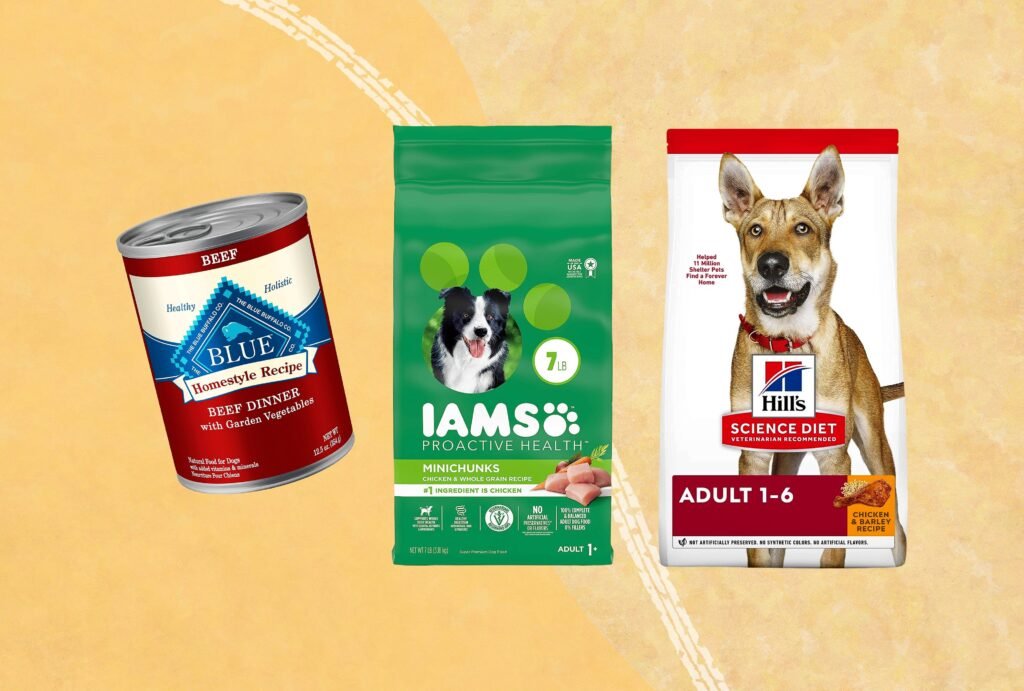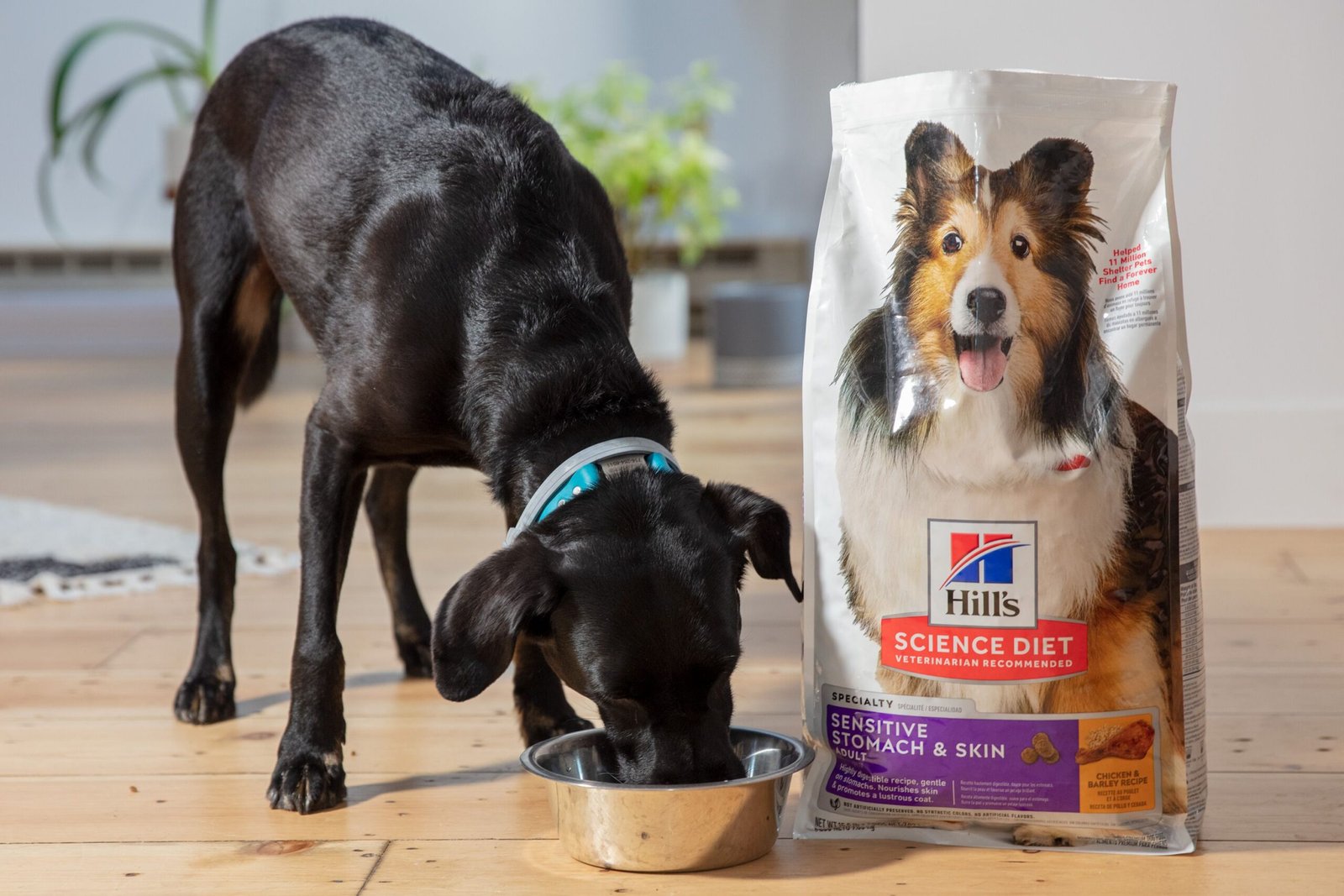Choosing the right pet food is essential for maintaining your furry friend’s health and well-being. With so many options available, finding the best pet foods can be overwhelming. This guide will help you navigate through the choices and make informed decisions for your pet’s nutritional needs.

Understanding Pet Nutrition
The Importance of Balanced Diet
A balanced diet is crucial for your pet’s health, ensuring they receive the right mix of nutrients, vitamins, and minerals. A well-rounded diet supports overall health, including a shiny coat, healthy skin, strong bones, and a robust immune system. It also plays a role in maintaining optimal weight and preventing common health issues.
Key Nutrients in Pet Foods
When selecting pet food, look for those that include essential nutrients such as:
- Proteins: Vital for muscle development and repair. Look for high-quality protein sources like chicken, fish, or lamb.
- Fats: Provide energy and help with the absorption of fat-soluble vitamins. Omega-3 and Omega-6 fatty acids are especially beneficial.
- Carbohydrates: Offer a source of energy and aid in digestion. Whole grains and vegetables are excellent sources.
- Vitamins and Minerals: Crucial for various bodily functions. Ensure the food contains a balanced mix of vitamins A, D, E, and B-complex, along with minerals like calcium and phosphorus.
Types of Pet Foods
Dry Food
Dry pet food, or kibble, is a popular choice for many pet owners. It’s convenient, has a long shelf life, and helps with dental health by reducing tartar buildup. Look for high-quality brands that list meat as the primary ingredient and avoid those with excessive fillers or artificial additives.
Benefits of Dry Food
- Convenience: Easy to store and measure.
- Dental Health: Helps reduce tartar and plaque.
- Cost-Effective: Generally more affordable than wet food.
Wet Food
Wet pet food comes in cans or pouches and is known for its high moisture content. This can be particularly beneficial for pets that don’t drink enough water. Wet food often has a stronger aroma and flavor, which can appeal to picky eaters.
Benefits of Wet Food
- Hydration: Adds extra moisture to your pet’s diet.
- Palatability: More appealing to some pets due to its texture and aroma.
- Variety: Available in a wide range of flavors and textures.
Raw Food
Raw food diets, also known as “BARF” (Bones and Raw Food), are gaining popularity. These diets consist of raw meat, bones, fruits, and vegetables. Proponents argue that raw food is more natural and can improve coat condition, digestion, and overall health. However, it’s essential to consult with a vet before transitioning to a raw food diet to ensure it’s balanced and safe.
Benefits of Raw Food
- Natural Diet: Mimics what pets might eat in the wild.
- Digestibility: Some pets may find it easier to digest.
- Improved Coat: Can lead to a shinier coat and healthier skin.
Choosing the Best Pet Food
Consider Your Pet’s Specific Needs
When selecting pet food, consider your pet’s age, size, and health condition. Puppies and kittens need food with higher protein and fat content to support growth, while older pets may benefit from diets formulated to address joint health or weight management. Pets with allergies or health issues may require specialized diets.
Reading Labels
Always read the ingredient list and nutritional information on pet food labels. The first ingredient should be a high-quality protein source, and the food should be free from artificial colors, flavors, and preservatives. Check for AAFCO (Association of American Feed Control Officials) approval to ensure the food meets established nutritional standards.
Conclusion
Choosing the best pet foods involves understanding your pet’s nutritional needs and selecting options that provide a balanced and complete diet. Whether you opt for dry food, wet food, or a raw food diet, ensure it meets your pet’s specific requirements and promotes their overall health. By paying attention to ingredients, nutritional content, and your pet’s unique needs, you can make informed decisions that support their well-being. Remember, always consult your veterinarian before making significant changes to your pet’s diet to ensure the best outcomes for their health.











